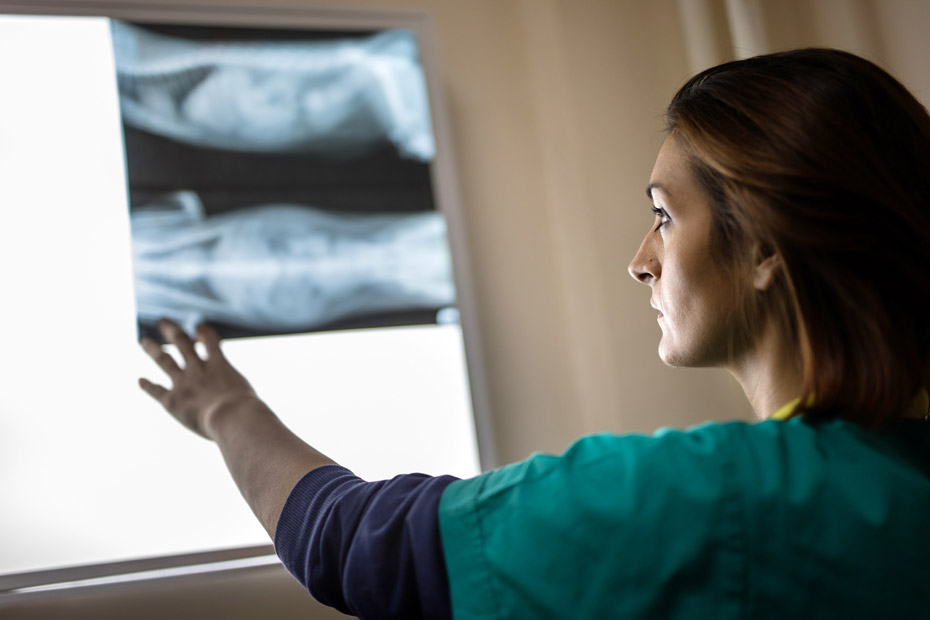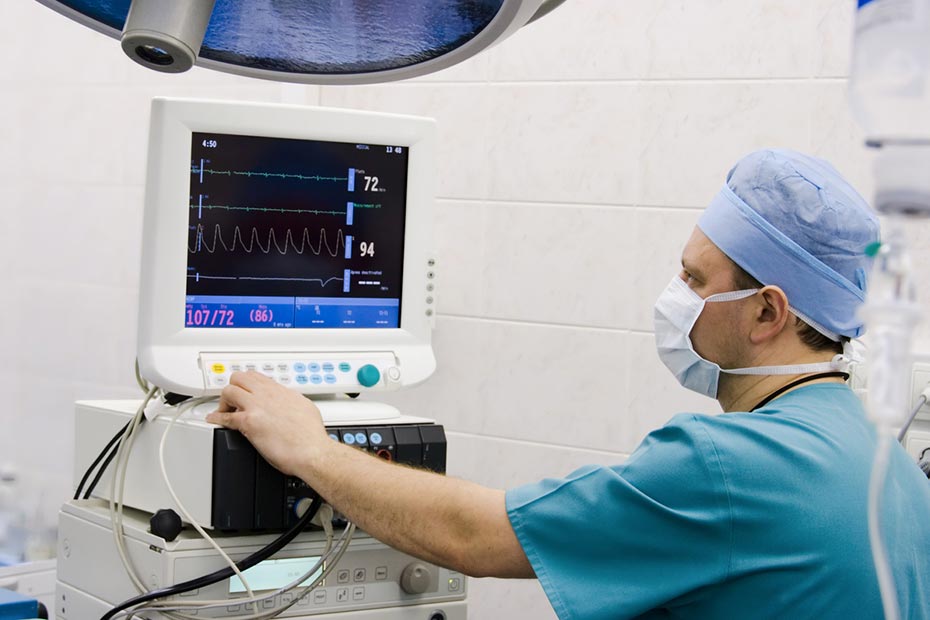What distinguishes Radiation Oncology from Medical Oncology? Do you need to be at the top of your class in physics to enter a residency in Radiation Oncology? Are there surgical aspects to this specialty? Is it possible to have a good life/work integration if you pursue this path?
Join host Andrew Pauls as he gets the answers to these questions and more from Colin Brown, MD, FRCPC (Prince Edward Island). Some myths about this specialty are debunked during this truly informative discussion.
They’ll dive into why being an empathetic communicator is essential to advocate for and empower patients. If you are passionate about research, technology, teaching, innovation – and walking a patient through one of the most vulnerable times in their life — then Radiation Oncology might be for you!
Of course, there are challenging times — but Dr. Brown shares insights into those rewarding moments that make it all worthwhile. And very importantly — finding a passionate mentor in medical school can change your career trajectory in a very positive way.
Radiation Oncology specialty snapshot
Radiation oncologists are medical specialists with unique knowledge, understanding and expertise in the diagnosis and care of patients with malignant diseases. They are integrally involved in the formulation and execution of the management plan of cancer patients and therefore require specific knowledge and skills in applying ionizing radiation to cancer treatment.
Using an evidence-based approach, they are responsible for the appropriate recommendation, prescription and supervision of therapeutic ionizing radiation. The competent and ethical discharge of these responsibilities results in improved quality of life and/or survival for cancer patients, which benefits families, society and future care.
Typically, a radiation oncologist practices in a multidisciplinary fashion in close collaboration with general and subspecialty surgeons and medical and gynecological oncologists. Ambulatory patient care is the norm. Cancer centres are generally located in large cities within academic health science centres; thus, most radiation oncologists expect to have an academic career.
Training
Upon completing medical school, becoming certified in radiation oncology requires an additional 5 years of Royal College-approved residency training. This training includes:
- 1 year of approved basic clinical training to introduce and expose the trainee to independent responsibility for decisions involving clinical judgment skills, the further development of an effective and mature physician-patient relationship, and the achievement of competence in primary technical skills across a broad range of medical practice. The first year of an approved family medicine program is acceptable in fulfillment of this requirement.
- 3 years of approved residency training in radiation oncology, 1 year of which must include: 6 months of approved residency training in internal medicine, which may include up to three months of hematology/oncology, and 6 months of approved training in clinical training, basic science, or research training.
Additional resources:
Related stories:
- What to Consider When Choosing a Medical Specialty
- Choosing Your Medical Specialty: Nuclear Medicine [Podcast]
- Choosing Your Medical Specialty: Anatomical Pathology [Podcast]
Specialty Café / Café des spécialités is produced by the Royal College of Physicians and Surgeons of Canada, and the podcast does not receive funding or other support from RBC Healthcare. This Podcast is promoted by Royal Bank of Canada with the permission of the Royal College. © The Royal College of Physicians and Surgeons of Canada, 2022. All rights reserved.
This article is intended as general information only and is not to be relied upon as constituting legal, financial or other professional advice. A professional advisor should be consulted regarding your specific situation. Information presented is believed to be factual and up-to-date but we do not guarantee its accuracy and it should not be regarded as a complete analysis of the subjects discussed. All expressions of opinion reflect the judgment of the authors as of the date of publication and are subject to change. No endorsement of any third parties or their advice, opinions, information, products or services is expressly given or implied by Royal Bank of Canada or any of its affiliates.



















